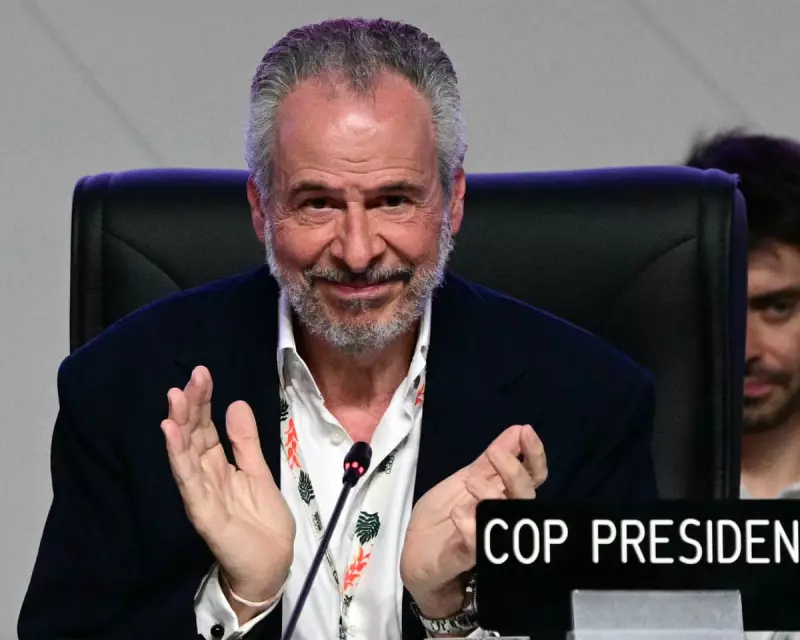
In a landmark decision that could reshape global climate policy, world leaders at the COP30 summit in Brazil have agreed on a comprehensive package of measures to accelerate the transition away from fossil fuels. The agreements, reached after intense negotiations, include binding national climate roadmaps and a groundbreaking adaptation fund for vulnerable nations.
The Core Agreements: What Was Actually Decided
Delegates from nearly 200 countries endorsed a requirement for all nations to submit detailed climate transition roadmaps by 2028. These roadmaps must outline specific, time-bound steps each country will take to meet their emissions reduction targets under the Paris Agreement.
Perhaps the most significant breakthrough came in the form of the Global Climate Adaptation Framework, which establishes a new fund specifically designed to help developing countries cope with the increasingly severe impacts of climate change. The framework includes measurable adaptation goals and regular progress assessments.
The summit, held in Belém, Brazil, saw particularly tense negotiations between developed and developing nations regarding financial responsibilities. However, a compromise was reached that includes increased climate finance commitments from wealthier nations while acknowledging the different capabilities of emerging economies.
National Transition Roadmaps: A New Era of Accountability
The requirement for national transition roadmaps represents a major shift in international climate governance. Unlike previous voluntary pledges, these roadmaps will be subject to international peer review and must include:
- Detailed sector-by-sector transition plans
- Clear milestones for 2030 and 2040
- Just transition strategies for workers and communities
- Technology transfer and capacity building requirements
This mechanism creates a system of enhanced transparency and accountability that climate activists have long demanded. The 2028 deadline gives countries three years to develop comprehensive plans that align with the goal of limiting global warming to 1.5°C above pre-industrial levels.
Financing the Transition: The Adaptation Breakthrough
The establishment of the new adaptation fund addresses what many developing nations have called a critical gap in previous climate agreements. The fund will focus on helping countries build resilience against climate impacts that are already unavoidable, including:
- Sea-level rise protection for coastal communities
- Agricultural adaptation for changing weather patterns
- Early warning systems for extreme weather events
- Climate-resilient infrastructure development
While specific funding amounts are still being finalized, the agreement includes a framework for annual contributions based on historical emissions and economic capacity. This represents a significant step toward operationalizing the "loss and damage" fund agreed upon at previous COPs.
The COP30 outcomes come at a critical juncture in global climate efforts, with recent scientific reports indicating that current commitments fall far short of what's needed to avoid catastrophic warming. The agreements reached in Brazil establish a more structured approach to closing this emissions gap while providing crucial support for those already experiencing climate impacts.
Implementation will be the true test of these agreements. The coming years will reveal whether nations follow through on their commitments to develop ambitious roadmaps and provide adequate funding for global adaptation efforts. What's clear is that COP30 has created a more robust framework for climate action than existed before.





